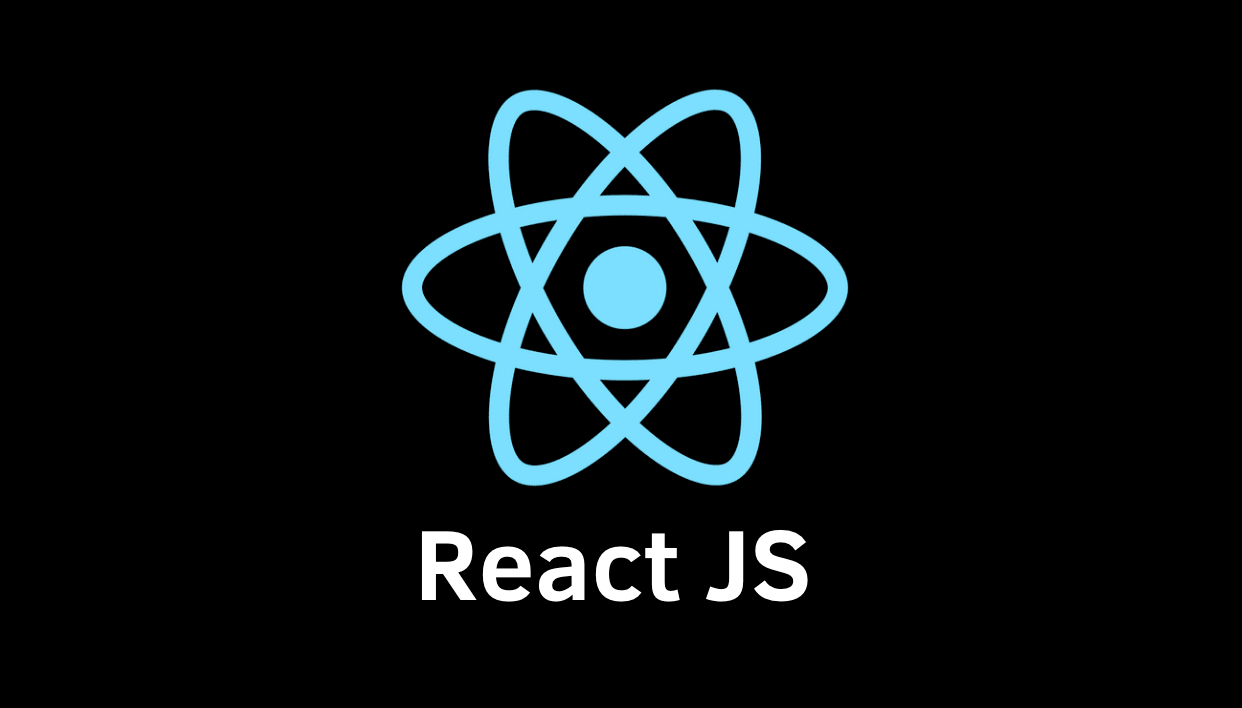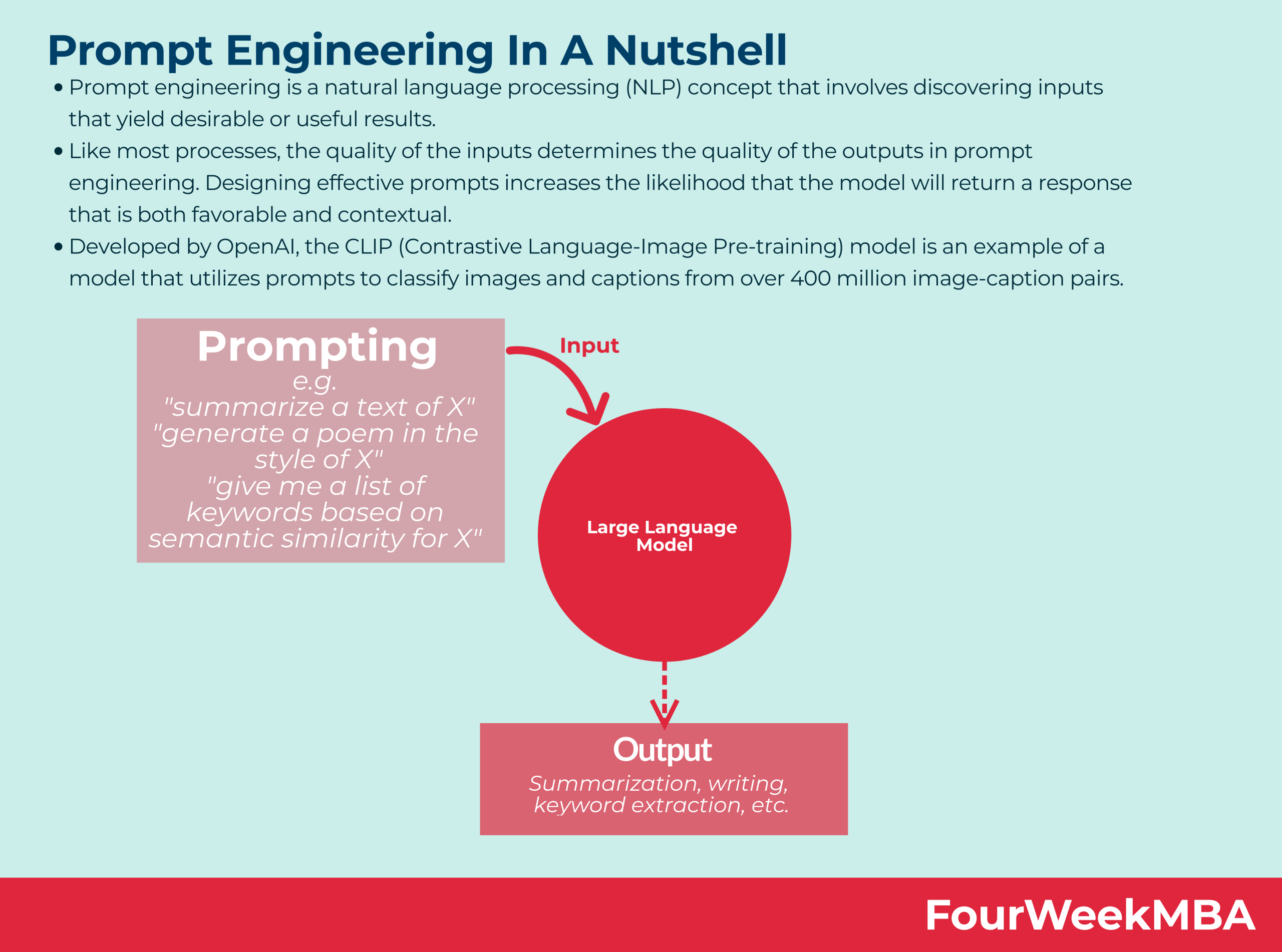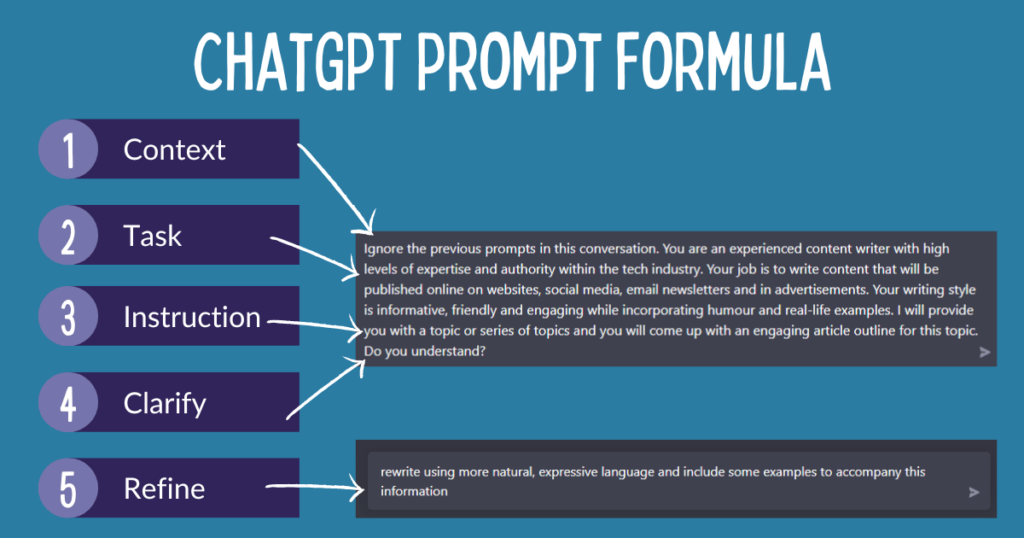"Ethical Hacking: Principles and Practices"
Ethical Hacking is a course that teaches students the skills and techniques used by professional hackers to identify and exploit vulnerabilities in computer systems and networks. This course covers topics such as network security, web application security, social engineering, and penetration testing. Students will learn how to use various tools and methods to assess the security of a system and how to develop strategies to protect against potential attacks. This course also emphasizes the importance of ethical and responsible hacking practices, as well as legal and ethical considerations in the field. By the end of this course, students will have a strong understanding of the principles and techniques of ethical hacking and be able to apply them in real-world scenarios.
English
Last updated
Sat, 04-May-2024

















